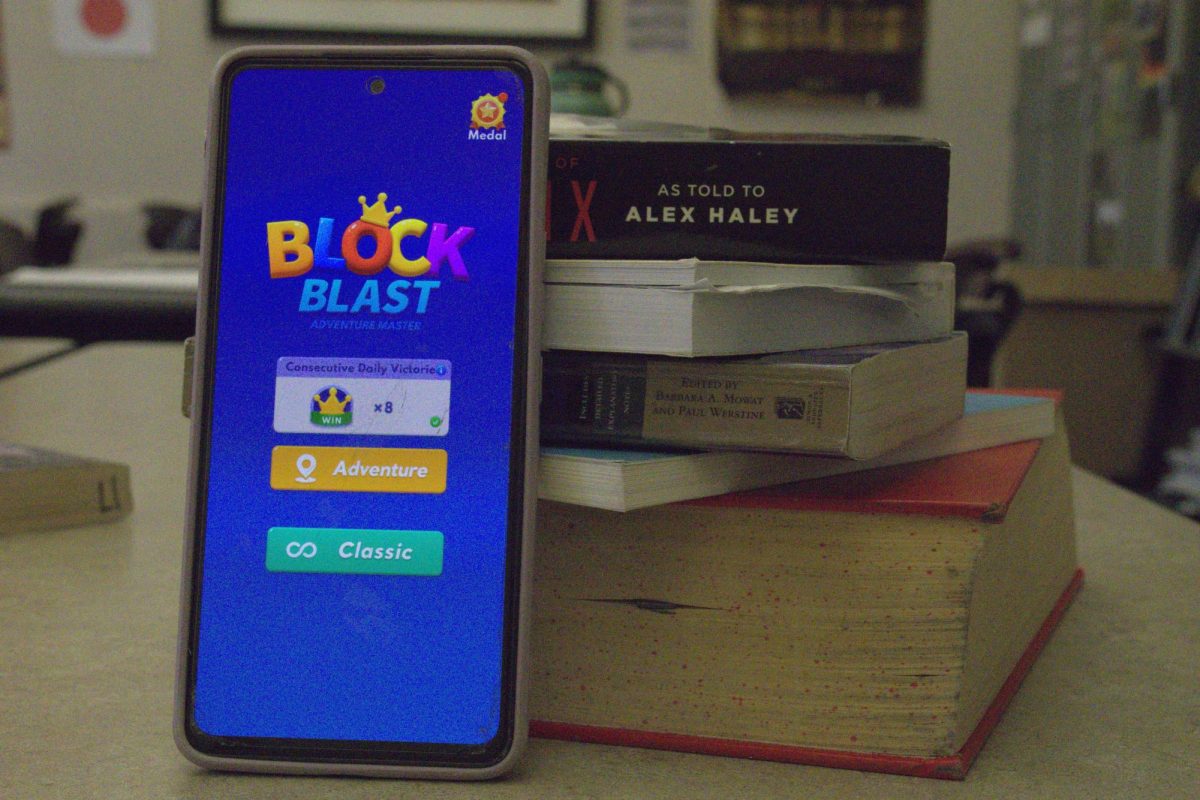Throughout the year’s many teens and young adults have struggled with some sort of eating disorder. Those who do not have a disorder, whether it be an adult or a teen, don’t know that much and how they can help. The average student doesn’t know much about these topics. “I know general knowledge from health class. People who struggle with their body image will resort to an eating disorder(s) to try to change their body type,” Karli Linne, a junior at CHS, states.
Some of the most common eating disorders are Bulimia and Anorexia, which  leads to being the most well-known ED. Bulimia involves someone binging on food then throwing it back up. This disorder can lead to dehydration, fatigue, dental cavities, heartburn, and hunger. Anorexia, however, involves restricting the body of food and sometimes liquids. This can lead to dehydration, dizziness, fainting, fatigue, low blood pressure, low body temperature, and vomiting.
leads to being the most well-known ED. Bulimia involves someone binging on food then throwing it back up. This disorder can lead to dehydration, fatigue, dental cavities, heartburn, and hunger. Anorexia, however, involves restricting the body of food and sometimes liquids. This can lead to dehydration, dizziness, fainting, fatigue, low blood pressure, low body temperature, and vomiting.
For most cases, an eating disorder starts due to social media or some sort of peer pressure. An anonymous recovering anorexic teen stated, “When I was 7 or 8 I had gymnastics group that was pretty bad. They called us fat and also put us on mini diets… Told us what we could or couldn’t eat.”
Statistics over the years have shown over 24 million people have an eating disorder, being the highest death rate of any mental illness. Between 25% and 50% of girls and 33% of boys have some sort of an eating disorder.
How can people around help those in need? “The main one is identifying the behaviors. The teens may not know the behaviors. Bring awareness. The hard work is what else can they do to fill the need,” said a therapist specializing in eating disorders. Many teens in school also find it hard to find someone to talk to. One of the counselors at CHS, Mrs. Kirin Casteel, even says that she hardly gets any students that are forthcoming to her about that topic. Ways that CHS can help is by spreading awareness and become more welcoming on these subject matters.
Finally, if you or someone may have some sort of eating disorder there are people who will listen. “Reach out for Help. Don’t isolate yourself. You’re not alone. There is lots of support out there. The first step is to get help. Whether it’s with counselors, teachers, friends, parents, etc…” Casteel says. There are many people who want to help, such as friends, family, counselors, and therapists.








































